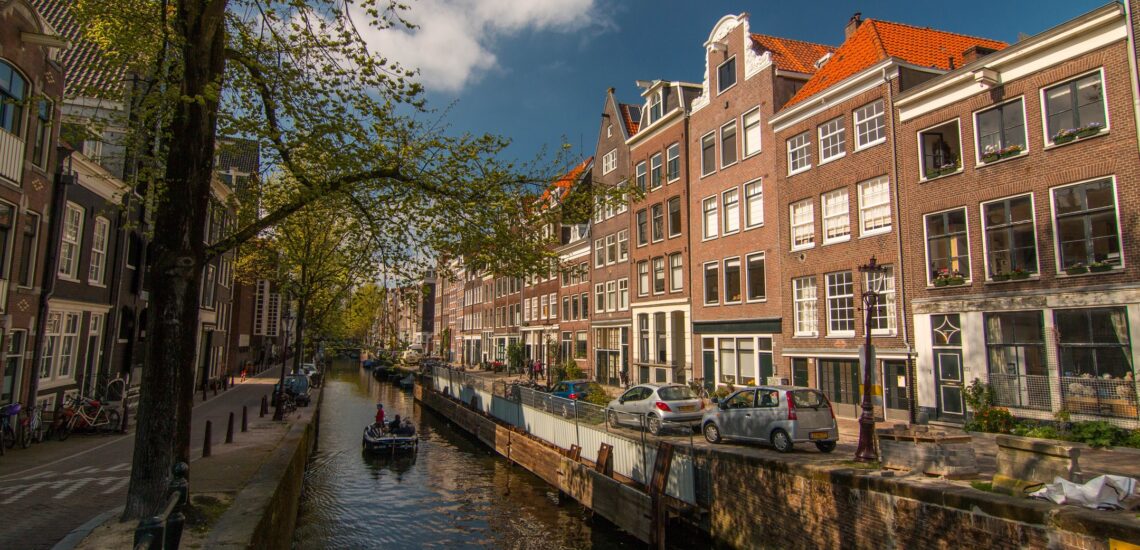Quick facts about Netherlands:
- Population: The Netherlands is home to over 17 million people, creating a vibrant and diverse society.
- Official Languages: Dutch is the official language of the Netherlands, reflecting the linguistic heritage of the nation.
- Capital: Amsterdam, renowned for its picturesque canals and cultural richness, serves as the capital city of the Netherlands.
- Government: The Netherlands operates as a constitutional monarchy with a parliamentary system, emphasizing democratic governance.
- Currency: The Euro (EUR) is the official currency of the Netherlands, facilitating economic transactions in this European nation.
1 Fact: The Netherlands is a country of cyclists
The Netherlands is undeniably a cycling paradise, featuring a staggering 22,000 miles of dedicated bike paths and a remarkable 18 million bicycles – more than the country’s entire population. This numerical testament underscores the Dutch commitment to cycling as an integral part of their daily lives and sustainable transportation.
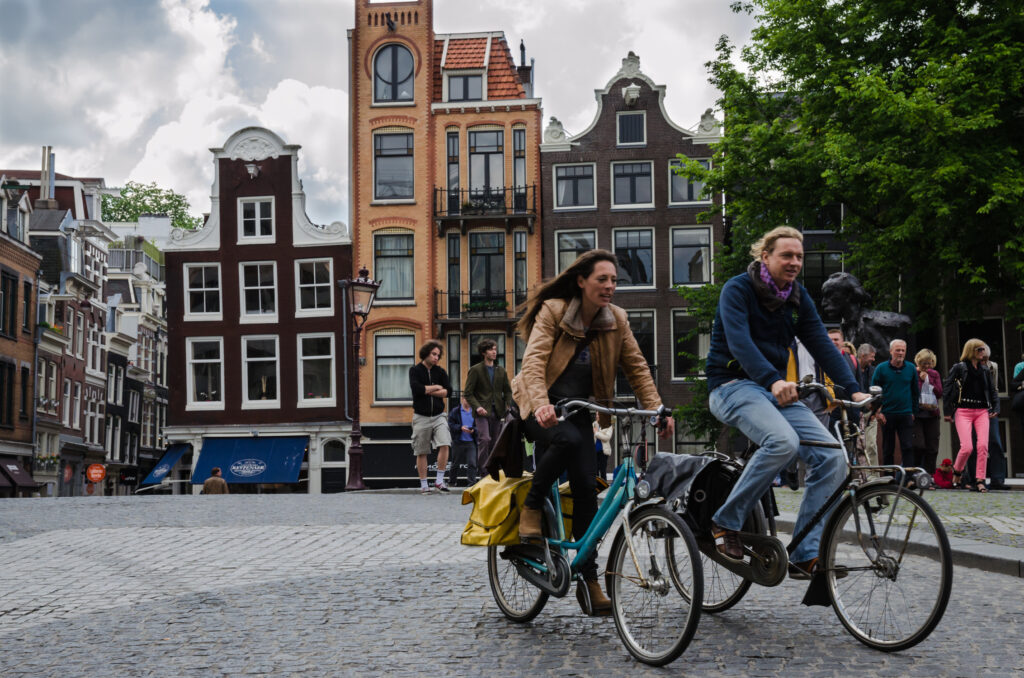
2 Fact: Holland is only part of the country
The term “Holland” technically pertains to just two provinces – North Holland and South Holland – within the Netherlands. Although often used interchangeably, the country itself consists of twelve provinces, each contributing to the rich tapestry of Dutch culture and landscapes.
3 Fact: Much of the country is below sea level
Over 25% of the Netherlands lies below sea level, a geographical challenge that sparked centuries of innovative water management. Through the construction of dikes and polders, the Dutch have safeguarded their low-lying lands. The impressive feat of reclaiming approximately 1,650 square miles of land from water showcases the Netherlands’ enduring commitment to shaping its geography.
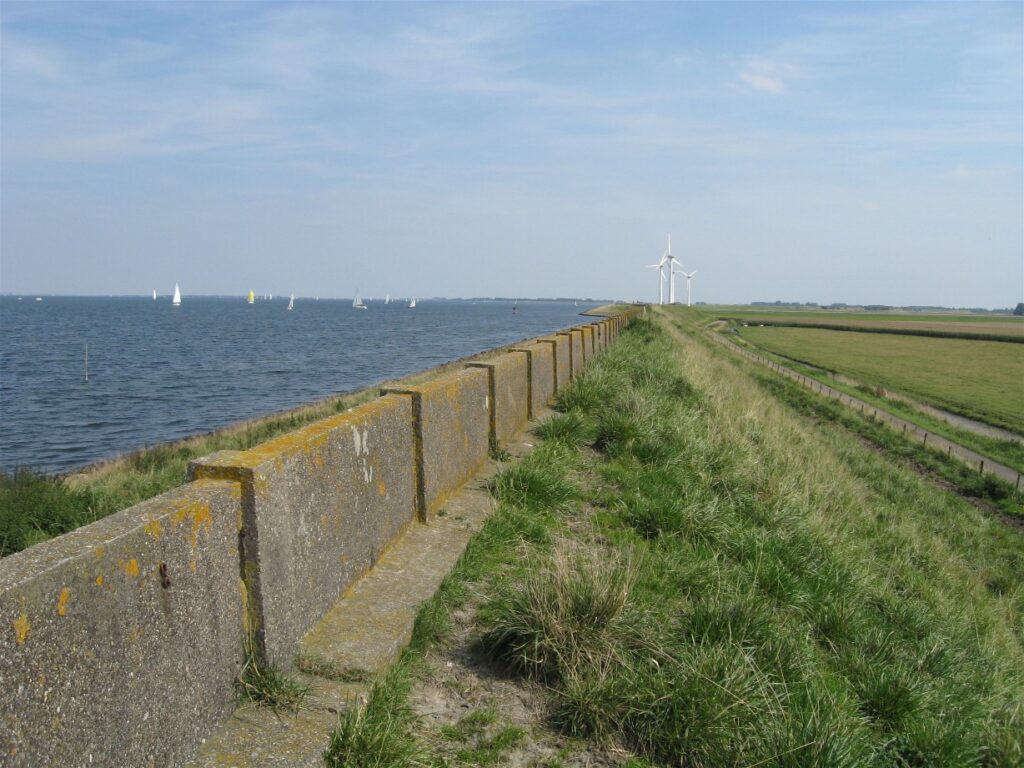
4 Fact: Amsterdam is considered the capital of debauchery
Amsterdam is renowned for its progressive and open-minded ambiance, with the famous Red Light District symbolizing the city’s approach to legalized and regulated sex work. The district, far from being a capital of debauchery, reflects the Netherlands’ pragmatic and liberal stance on certain aspects of social life.
5 Fact: Light drugs are also legal in the Netherlands
The Netherlands has a distinct policy on soft drugs, notably cannabis. Since the 1970s, the possession and sale of small quantities of cannabis for personal use have been decriminalized. This policy led to the establishment of approximately 600 “coffeeshops” where individuals can legally purchase and consume cannabis. The tolerant approach has drawn tourists seeking a unique experience, contributing to the popularity of Amsterdam and other Dutch cities among cannabis enthusiasts.
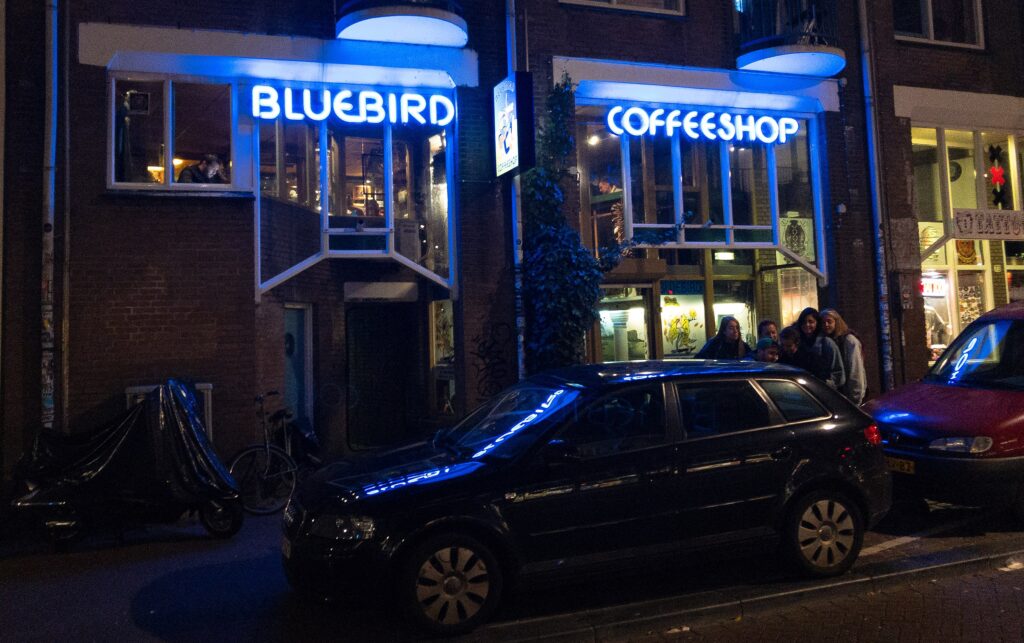
6 Fact: There are over 1,000 historic windmills in the country
With more than 1,000 historic windmills, the Netherlands weaves a tale of cultural richness and innovation. These iconic structures stand as enduring symbols, reflecting the country’s historical reliance on wind energy and showcasing the Dutch mastery in harnessing nature’s forces.
7 Fact: The Netherlands is the largest exporter of flowers
The Netherlands reigns supreme as the largest exporter of flowers, with an astonishing annual export value exceeding 4.7 billion euros. This floral powerhouse is a global leader in providing a kaleidoscope of blooms, showcasing the Dutch expertise in the horticultural industry.
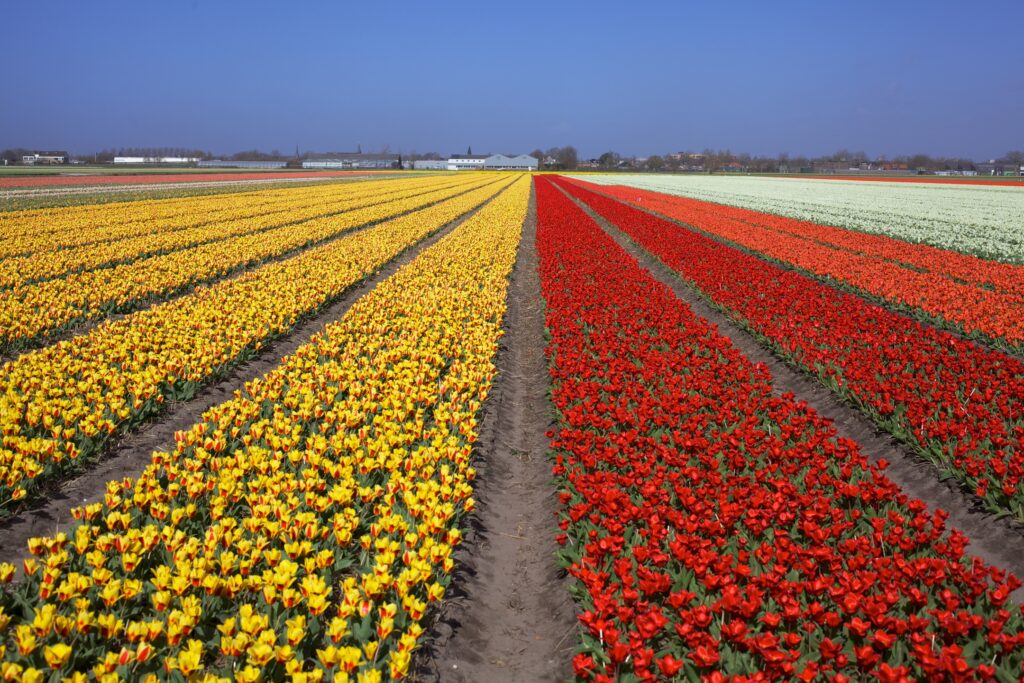
8 Fact: The Dutch are the tallest nation in the world
The Dutch claim the title of the world’s tallest nation, with an average height of around 6 feet (183 cm) for Dutch men and approximately 5 feet 7 inches (170 cm) for Dutch women. This remarkable stature surpasses global averages, making the Netherlands a standout in terms of height on the international scale.
9 Fact: The Netherlands is focused on green energy
Positioned at the forefront of green initiatives, the Netherlands is actively pursuing a sustainable future by planning to cease the sale of new gasoline and diesel cars by 2030. This ambitious goal aligns with the country’s commitment to reducing carbon emissions and fostering a cleaner, eco-friendly transportation landscape. The move underscores the Dutch dedication to leading the way in the global transition towards greener energy alternatives.
Note: If you are planning a trip to the Netherlands and do not like bicycles, check the need for you to have an International Driver’s License in the Netherlands to drive.
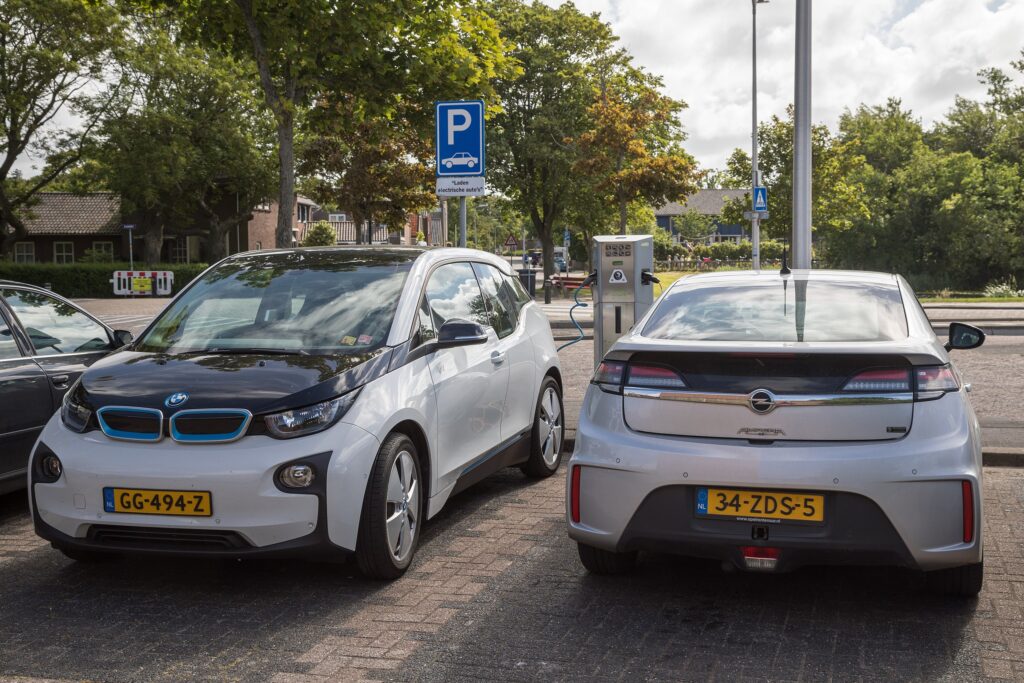
10 Fact: The national color is orange
In the Netherlands, orange isn’t just a color—it’s a symbol of national pride and unity. Embraced as the national color, orange is woven into the fabric of Dutch identity, visible in celebrations, sports events, and even the royal family’s connection to the House of Orange-Nassau. This vibrant hue reflects the spirit and solidarity of the Dutch people.

Published January 10, 2024 • 7m to read

